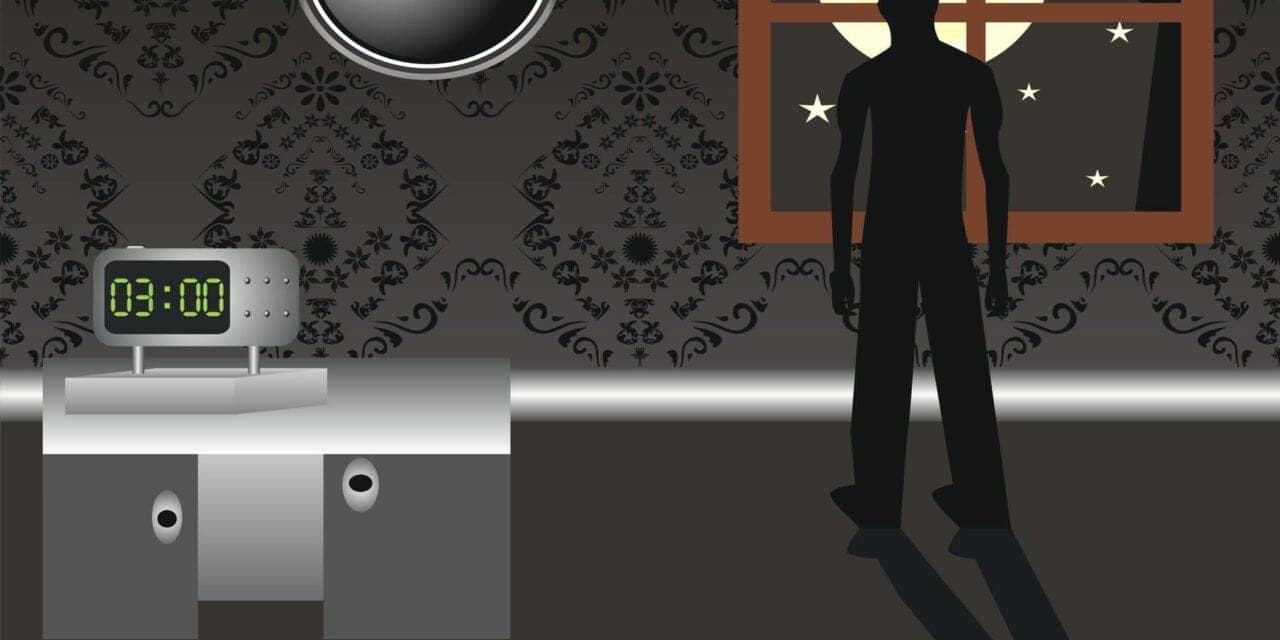Coined “coronasomnia,” COVID-19-induced insomnia is often attributed to pandemic-related stress, anxiety, depression and other mental health conditions.
“Long-hauler symptoms is a new phase of the pandemic,” says Dr. Pena Orbea. “This is an area that we’re still studying.”
While we’ve identified more than 50 long-term effects of COVID-19, some studies suggest neuropsychiatric symptoms like post-traumatic stress disorder (PTSD), anxiety and insomnia can worsen over time. And according to Dr. Pena Orbea, people who’ve had mental health conditions before contracting COVID-19 are at higher risk for developing worse anxiety and depression. This often results in someone developing a sleep disorder.
“The direct cause for long-hauler symptoms remains unknown,” says Dr. Pena Orbea. “Clinicians and researchers are exploring several possibilities that include having a persistent inflammatory state or an inadequate antibody response, and there’s another thought that there is ongoing viral activity that’s causing organ damage.”
And while general fatigue is a symptom of COVID-19, sleep disorders like insomnia can set in up to a couple of weeks after first contracting the virus. So on the surface, the sleep disorder might not seem connected, but chances are, it’s a result of contracting the virus itself. Most commonly, Dr. Pena Orbea has seen circadian rhythm disorders arise as a result of COVID-19. In these cases, people have a delayed sleep cycle where they fall asleep much later into the evening or earlier in the morning. This delayed cycle extends into the following day, causing people to feel groggy, have chronic fatigue or wake up later than they prefer.
There’s currently little data to determine exactly how long COVID-19-induced sleep disorders may last. According to Dr. Pena Orbea, it could last up to 12 months after beginning treatment.


